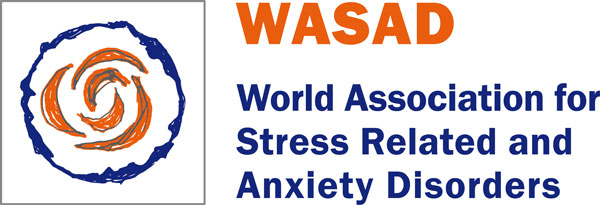| Monday, September 11, 2023 | |||
| 08.00 – 12.00 | Set up Registration counter opens at 10.30 Welcome and arrival |
||
| 12.00 – 13.30 | Lecture Hall E1
Plenary Session, MPI Symposium: Complementary approaches to stress related diseases Chair: Philipp Sämann und Angelika Erhardt-Lehmann
|
Lecture Hall F5
Plenary Session: Stress, Anxiety and Covid-19 Chair: Christian Jacob and Meichun Mohler-Kuo
|
|
| 13.30 – 13.45 | Coffee Break | ||
| 13.45 – 15.15 | Lecture Hall E1
Plenary Session: Challenges and perspectives in the treatment of anxiety disorders – a clinical update Chair: Peter Zwanzger
|
Lecture Hall F5
Plenary Session: Psychobiological mechanisms of social stress and social buffering Chair: Beate Ditzen and Grit Hein Introduction and Discussion: On possible interventions to improve social buffering, Beate Ditzen
|
|
| 15.15 – 15.45 | Coffee Break | ||
| 15.45 – 17.15 | Lecture Hall E1
Plenary Session, Edda Neele-Stiftung Symposium: Stress in neurological conditions Chair: Peter Riederer and Thomas Brücke
|
Lecture Hall E6
Plenary Session: Women & Stress Chair: Birgit Derntl and Andreas Fallgatter
|
|
| 17.15 – 17.30 | Coffee Break | ||
| 17.30 – 18.30 | Lecture Hall E1
Opening ceremony: Welcome Addresses: Prof. Dr. Frank Rühli, Dean of the Medical Faculty, UZH Burda Award Ceremony (Chair: Peter Riederer and Thomas Brücke) Hans Selye Lecture: |
||
| 18.30 – 20.00 | Welcome reception at the congress venue | ||
Monday 11/09/23Doncmedia2023-09-09T17:58:02+00:00
